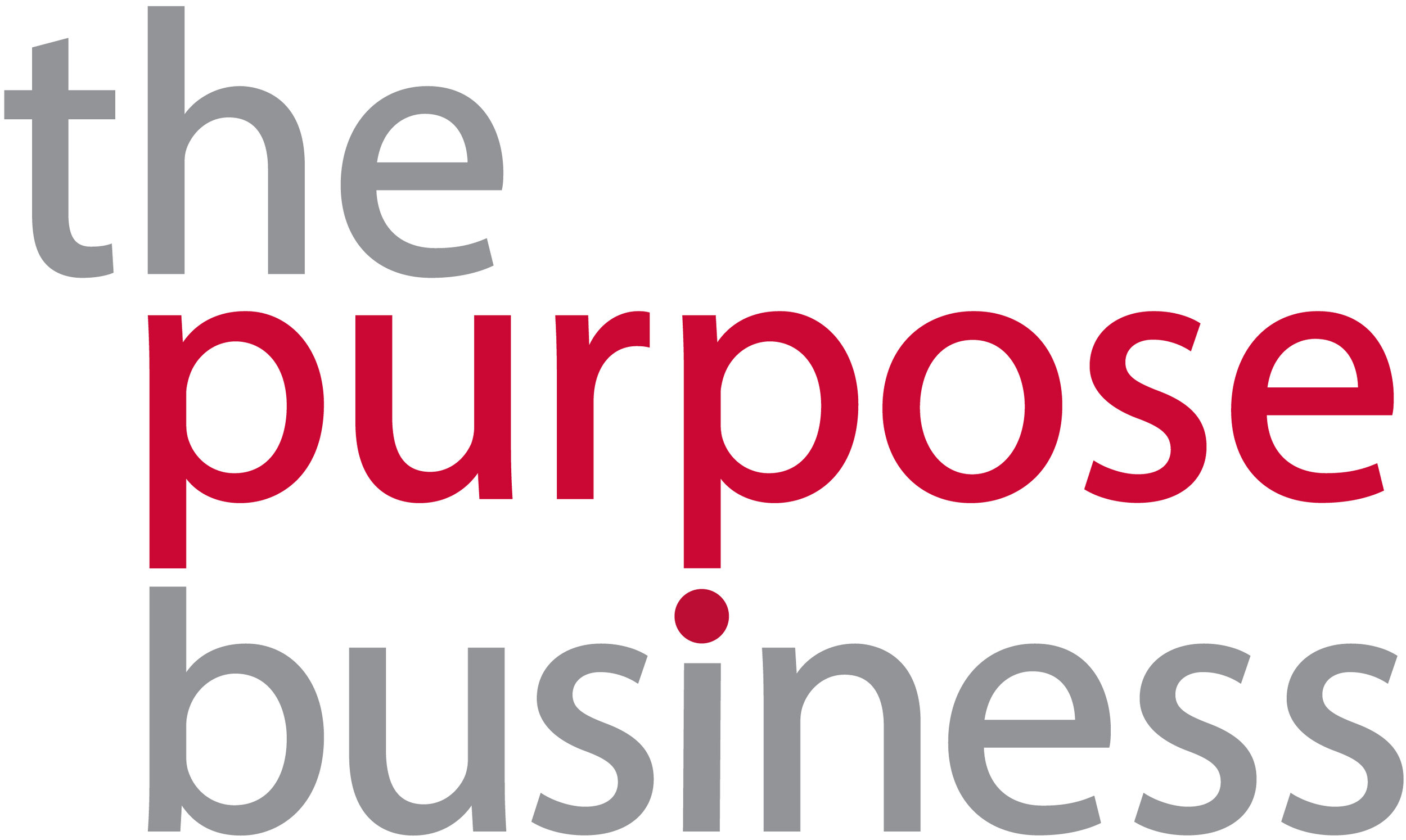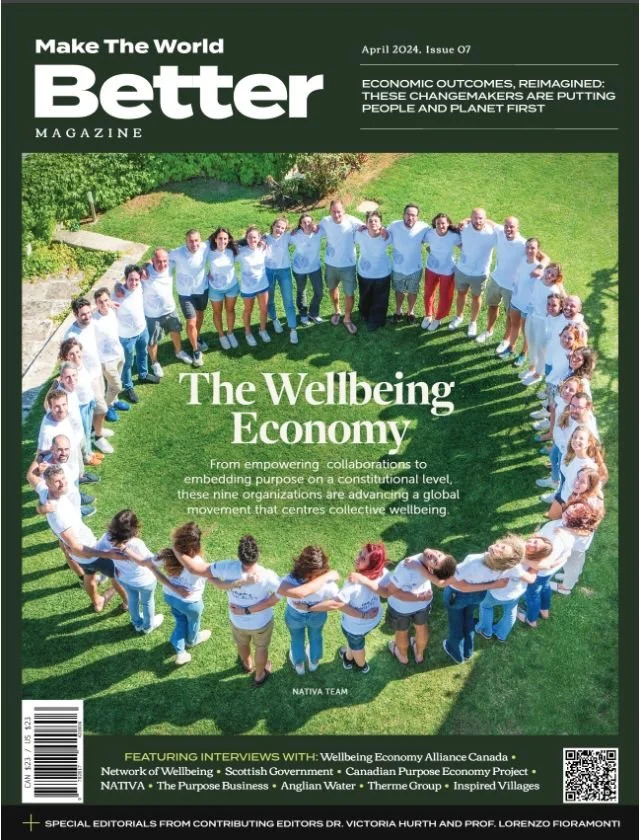WATCH: Fink again? Five acts of purposeful ‘stakeholder capitalism’ for Asian business
The headline of the week came from Larry Fink - and we couldn’t agree more. Our Founder and CEO Pat Dwyer responds from an Asian business context, providing five key action points for leaders in the region to put stakeholder capitalism to work.
Watch the video here:
Blackrock Chairman Larry Fink has just released his latest letter to CEOs. Even after a decade writing them, he says that it gets harder every year. Why? Because he’s still striving to bring business leaders to long-term thinking, trying to free them from short-terminism.
While he addresses these letters to shareholders and CEOs, their impact always extends far beyond – especially to any leader working to evolve business as a force for good.
We read his letters particularly for what they mean for Asia’s business leaders, the people who we, at The Purpose Business, guide towards responsible growth.
This year’s is entitled 'Power of Capitalism' because he believes that capitalism works best when it is powered for society – with society. He talks about stakeholder capitalism, asking businesses to make choices that fairly serve the interests of their employees, customers, communities – and of course their shareholders.
But what does this mean for us in Asia? At The Purpose Business, we encourage business leaders in the region to make these five key action points that put this stakeholder capitalism to work – driving both positive impact and socio-economic recovery in the process:
1. Transition business models towards decarbonisation.
Asia’s reliance on coal accounts for 52% of the region’s energy demands and over 70% of emissions. Stakeholders expect companies to play a critical role in decarbonising the global economy which means businesses in Asia need to start managing their energy transition as a critical capital allocation decision.
Net-zero targets for 2050 may have been announced, but they lack clear action plans. What operational changes are businesses making today to set you on this path? Beyond offsetting, where are efficiencies coming from, how are you incorporating more renewable energy? Only by accounting for GHG emissions – and setting science-based targets – will this become clear, so companies in Asia must do this as a matter of urgency.
2. Make ESG and climate reporting part of good governance and risk management – not mere compliance.
Principles like ‘Comply and Explain’ will likely be replaced by mandatory reporting audits for climate related financial disclosures. This includes better disclosures around the ‘S’ of ESG, such as discussing workforce welfare, succession planning and supply chain human rights. The pandemic’s societal divide means businesses cannot afford to leave people behind.
We hope for a single global reporting standard with the establishment of the International Sustainability Standards Board (ISSB) – an outcome of COP 26 – with all ESG disclosures moving towards better data quality, transparency, reliability and comparability.
We encourage our clients to be very clear about who they write their reports for – investors or local communities – because clarity of audience drives purposeful reports that stakeholders want to read.
3. Put people first.
The WEF Risks Report 2022 points to “social cohesion erosion”, “livelihood crises” and “mental health deterioration” as pandemic-driven risks. Compounded with climate risk, how are companies putting people first so they are set up for success in this post-pandemic recovery? It means shifting KPIs to fairly reward work done remotely, allowing for flexible hours yielding better productivity and supporting local sourcing that creates livelihoods, empowers local communities and enhances a culturally authentic brand promise.
4. Determine the company’s relationship with technology – and act on it.
Tomorrow’s world will require decarbonisation systems that we need to invest in today. What role does your business play? Are you investing, funding development, or incubating and piloting solutions? How much can we invest in R&D today to bring more efficient use of resources in manufacturing or eliminate waste in our production lines?
Fink says that “the next 1,000 unicorns won’t be search engines or social media companies, they’ll be sustainable, scalable innovators – start-ups that help the world decarbonise and make the energy transition affordable for all consumers”. Wouldn’t it be exciting to be the company that identifies or co-develops the next bioplastic or the one to scale plant-based protein in Asia?
5. The ask of senior leadership to act with purpose and be accountable for their choices.
Boards of directors need both education in climate issues and oversight of ESG risks – the only way they can perform their duties as stewards of the company.
If climate risk is investment risk – as Larry Fink said in his 2020 letter – the members of the board shouldn’t relegate it to the ‘AOB’ section of an agenda. Instead, the nomination committee should redefine diversity in the board by bringing in INEDs who come from different backgrounds so they can complement the views around the table. Board D&I isn’t just about gender – but as Larry Fink says, a ‘diversity of mind’ .
So there you have it – our 5 action points in the context of business in Asia, using stakeholder capitalism as a framework for doing well by doing good.
After all, to be a purposeful business isn’t about profit maximisation at all costs. It is about evolving business as a force for good – to be profitable, and making positive impact.




